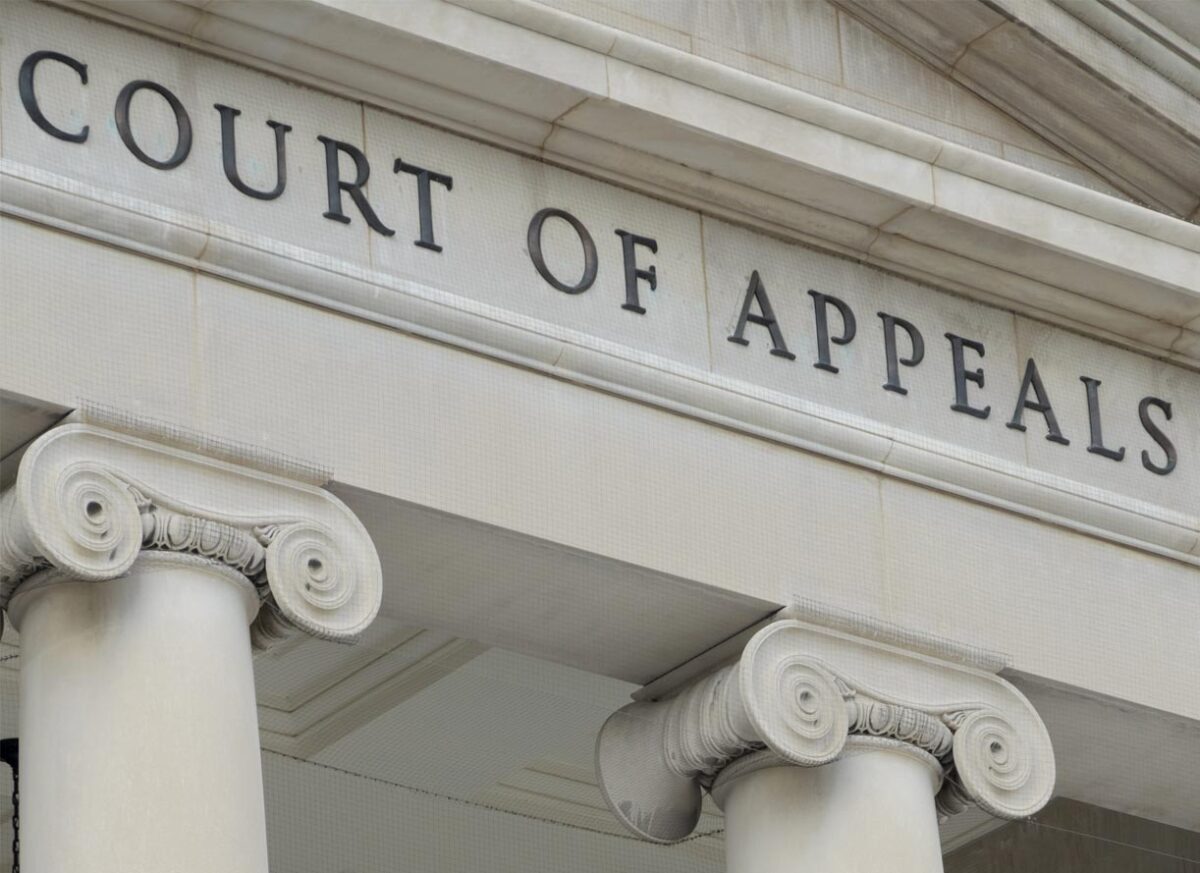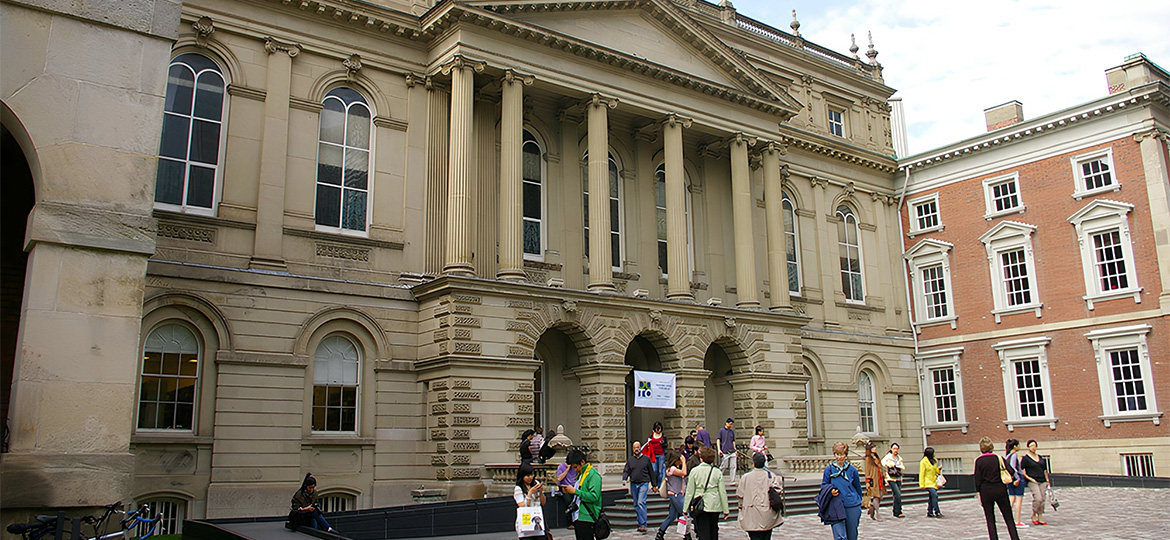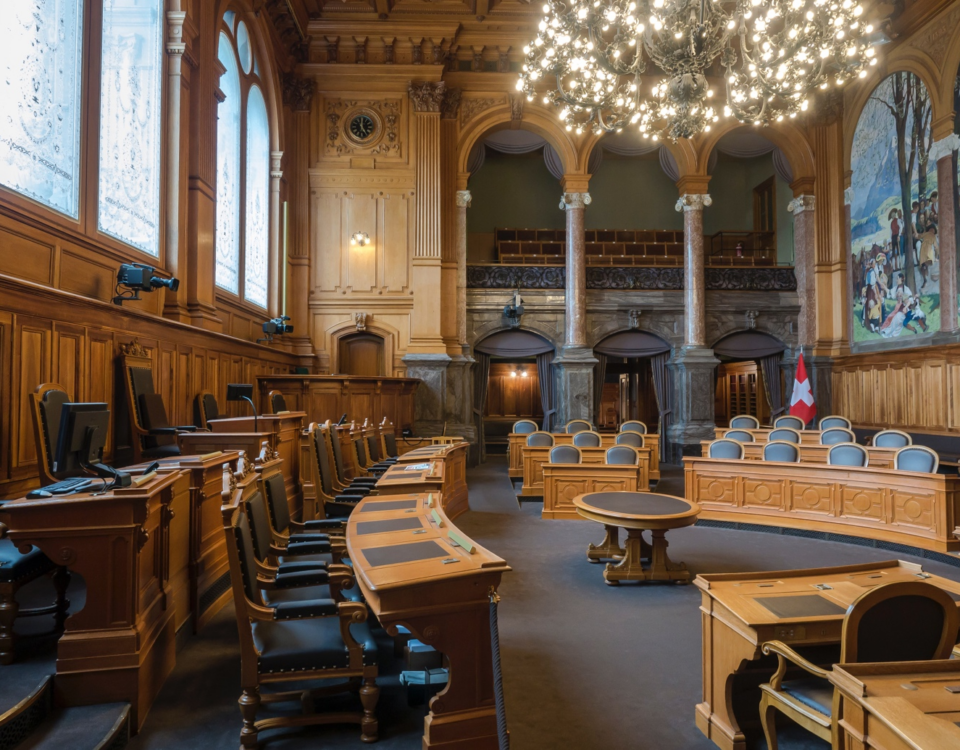While the private prosecutors have the right to initiate a judicial review once the Crown intervenes to halt the legal proceedings, such an application must meet the threshold of showing an evidentiary foundation for a possible finding of an abuse of the process, and also withstand a screening process. The Ontario Court of Appeal emphasized these legal principles while dismissing the appeal in R. v. Mivasair, 2025 ONCA 179. The criminal lawyers representing the appellants had appealed the lower court ruling in R. v Mivasair, 2023 ONSC 2506, in which they had challenged the Crown’s intervention in their private prosecution and the court had dismissed their challenge.
What is a private prosecution?
Criminal proceedings are generally initiated against the alleged perpetrator of a crime by the police. However, Canadian law also allows a private individual to institute criminal proceedings against an individual or an organization if he believes they have committed a crime. This is to ensure that justice is available in a situation where the authorities fail to lay charges.
What are the steps involved in a private prosecution?
- Filing a private Information: The term ‘Information’ here refers to the sworn statement submitted to the Justice of Peace laying out the allegations and supporting documents against the alleged guilty party.
- Pre-enquete Hearing: If the allegations mentioned in the Information meet the requirements under the Criminal Code, the Justice of Peace will schedule a Pre-enquete hearing with the Informant (the person who submitted the Information) to determine whether the accused party must be summoned to the court for the proceedings.
- Intervention by the Crown: The Crown has the authority to intervene at any point to take over, alter, or halt the proceedings.
- Judicial Review: If the crown decides to halt the proceedings, that decision may be judicially reviewed for abuse of process.
- Trial: On the other hand, if the Crown agrees with the decision of the Justice of Peace, they will initiate trial proceedings against the accused.
What is the abuse of the process?
Abuse of process refers to the unjustified use of the legal or administrative process that affects the fairness or integrity of the judicial proceedings. This can happen in both civil and criminal cases. Some of the commonly cited examples are deliberate delaying tactics in court proceedings, deliberately initiating criminal charges for financial or personal gain, re-litigation without any new evidence, and filing multiple suits in order to intimidate your opponent.
The background of the case
In this case, the proceedings for the private prosecution were initiated by the appellants against an organization based in Canada, engaged in recruiting volunteers. It was alleged that they were recruiting Canadian citizens since 2021 to work as volunteers to assist a foreign army. If this allegation were true, this would be in violation of the Section 11 of the Foreign Enlistment Act. The appellants argued that they had already forwarded their complaint in this matter to the police and the federal government. With no action from them, they chose to proceed with the private prosecution.
Filing the Information and Pre-enquete Hearing
The Appellants filed the Information with the Justice of Peace outlining their allegation that the organization had violated Section 11 of the Foreign Enlistment Act in recruiting the volunteers and there were sufficient grounds for a trial. The Justice of Peace conducted the Pre-enquete Hearing on 22 September 2022, and a summons was also issued to the organization to appear before the court, initiating the process. The counsel on behalf of the Crown had responded at the hearing that they would look into the matter.
The Crown’s exercise of prosecutorial discretion
Subsequently, on 13 December 2022, the Public Prosecution Service of Canada informed the appellants through a letter that they had intervened in the matter and would be withdrawing the charge, pointing out there was no evidence and “no reasonable prospect of conviction” in this case. On 14 December 2022, the charges were formally withdrawn.

Judicial Review against Crown’s Intervention
Following this, their criminal lawyers challenged this decision in the Ontario Superior Court, arguing that there has been an abuse of process and that the proceedings initiated by the Justice of Peace should be reinstated. The application judge in R. v Mivasair, 2023 ONSC 2506, ruled in favour of the Crown while pointing out the following:
- The Superior Court did not have the jurisdiction to hear the Applicants’ application in this matter.
- The Applicants did not have the legal standing to bring the application before the court, as pointed out by the Respondent.
- Even if it might be argued that they did have the legal standing, no sufficient evidence has been submitted to prove bad faith and abuse of process.
Ontario Court of Appeal rejecting the charge of abuse of process
The Appellants appealed to the Ontario Court of Appeal. The Court of Appeal in R. v. Mivasair, 2025 ONCA 179, however, upheld the lower court’s decision but differed in the matters of Appellants’ standing and the lower court’s jurisdiction in the case. The court observed that:
- The lower court did have the necessary jurisdiction to hear the Appellants’ application.
- The Appellants did have the legal standing to bring the application in this matter before the court.
- However, the arguments for bad faith and abuse of process remain speculative at best and did not meet the high standards required to review the Crown’s prosecutorial discretions.
While Canadian law clearly allows the courts to review the prosecutorial discretion of the Crown, in this case, the appellants failed to meet the high threshold of proving the abuse of process as required by law.
How can our criminal lawyer help you?
Such rulings demonstrate the complexities involved in criminal proceedings and the importance of having an experienced criminal lawyer to argue your case. While Canadian law is rooted in the ‘presumption of innocence,’ a knowledgeable criminal defence lawyer can ensure that your rights are protected, and you receive a fair trial throughout. If you are dealing with a criminal case, our legal team will defend you in court and fight on your behalf to secure a favourable outcome for you. Reach out to our criminal defence team today for a consultation at 905-405-0199.
Read Legal Disclaimer: https://www.demo-sites.co.in/legal-disclaimer/









